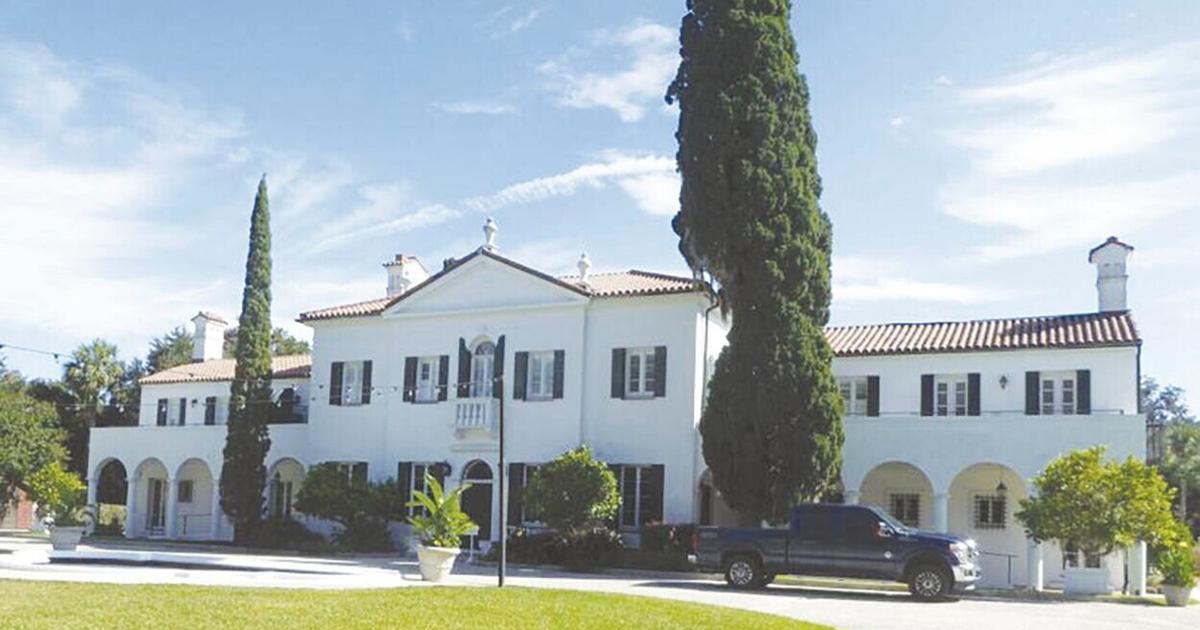
According to the National Association of State Park Directors, the United States is home to 9,817 state parks. Many are primarily recreational areas while others were established for preservation efforts or to offer visitors a history lesson. In late-fall we devoted three days to exploring a most unusual state park that tells the story of a unique era in American history featuring some of the country’s best-known captains of industry who made the island a world of their own.
Jekyll Island, one of 15 Georgia barrier islands that protect the state’s 110 miles of Atlantic Ocean coastline, enjoys a rich history. Native Americans hunted and fished here for centuries prior to the arrival of Europeans in the 1500’s. Georgia was claimed for Great Britain in 1733 by General Oglethorpe who named this barrier island for his financial and political supporter, Sir Joseph Jekyll.
The island cycled through several owners prior to being purchased in 1792 by a family that raised cotton here for nearly a century. In 1886 they sold the island for $125,000 to a group of wealthy northerners for use as a hunting club. The exclusive Jekyll Island Club’s membership included William Rockefeller (co-founder of Standard Oil), J.P. Morgan, William K. Vanderbilt, Marshall Field and Joseph Pulitzer, along with other high-flying businessmen and eventually some women. The club officially opened upon completion of the clubhouse in January of 1888. During the club’s years of operation 18 members constructed elegant homes referred to as “cottages.”
The Jekyll Island Club thrived until the Great Depression and permanently closed its doors in 1942 due to financial issues, labor shortages and World War II. Utilizing a 1947 condemnation order, Georgia purchased the island for $675,000, and Jekyll Island State Park opened to the public in 1948. Two years later the Georgia legislature created the Jekyll Island Authority to oversee the island’s development. With a requirement to be self-supporting, the authority raised funds by offering 99-year leases for individuals to construct private homes on the island. A convention center was added and hotels began to spring up along the ocean side of the island. In 1968 the state initiated a major renovation of 34 buildings in what is now known as the Jekyll Island Historic District. The old clubhouse opened as a hotel in 1985 offering visitors the opportunity to vacation in the “millionaires’ retreat.”
Time took its toll and by the early 2000’s the state park was showing its age and suffering from declining visitation. In 2008 the authority began a revitalization of the beaches and historic district, along with replacement of the convention center and several hotels. Utilizing a combination of pubic and private funds, new structures were constructed on footprints of original buildings in order that the island remain 35% developed and 65% natural.
We hadn’t visited Jekyll Island for over two decades until an October trip to explore the island and note its many changes. An attractive shopping, restaurant and hotel area is located beside the new $38 million convention center. Most public beaches feature landscaped parking areas, picnic pavilions and new bathhouses. Well-used bicycle paths circle and cross the island. The island’s main road had been rerouted around the historic district, resulting in the National Historic Landmark enjoying a more peaceful and realistic atmosphere where visitors can enjoy a stroll. Guest rooms are now offered in several millionaire “cottages” as well as the clubhouse. A campground on the north end of the island is in the process of being expanded with added facilities.
We were told the island has approximately 1,100 private dwellings, about half owned by full-time residents, the majority of whom are retirees. Others are owned by part-time snowbirds and individuals who live elsewhere and rent their dwelling. Owners pay an annual tax to the authority based on the market value of their leased land and a second tax to the county based on the market value of the dwelling.
Visitors and residents can take advantage of 4 golf courses plus miniature golf, a tennis complex, horseback riding, carriage rides, an upgraded water park (summer only) and attractive beaches. Horton Pond, with an observation deck and nature trail, is popular for wildlife viewing. New venues in the historic district include the Georgia Sea Turtle Center located in the old power plant and the Mosaic Museum in the old stables. Guided tours of the historic district begin at the museum while dolphin boat tours depart from Jekyll Wharf.
Special events and festivals are held throughout the year. A major upcoming festival, Holly Jolly Jekyll, takes place from November 24th to January 7th. Over a million lights glisten in the historic district filled with some of the island’s most impressive live oak trees. A light parade, winter carnival and fireworks are part of the festival’s offerings.
